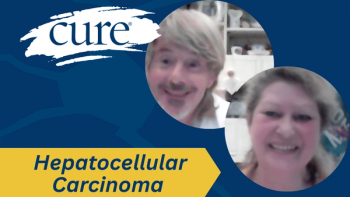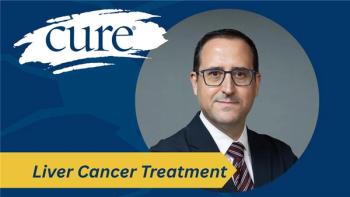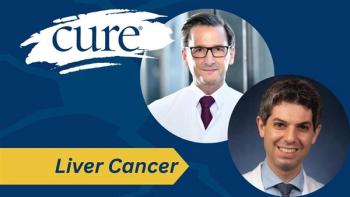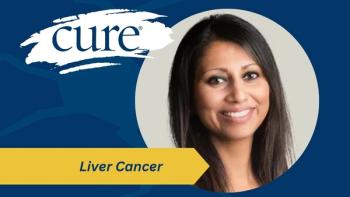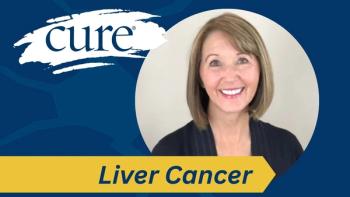
Vietnam Veterans With Cholangiocarcinoma Get Help to Navigate Filing Claims With the VA in Commemoration of Veterans Day
Cholangiocarcinoma Foundation volunteer Lourdes Rocha leads the Veterans Program and shares her experience filing claims with the VA in a recorded webinar.
SALT LAKE CITY, UTAH -- Navigating how to file claims with Veterans Affairs can be daunting when diagnosed with a rare disease such as cholangiocarcinoma (bile duct cancer). That’s why the Cholangiocarcinoma Foundation hosted a webinar featuring volunteer Lourdes Rocha and is resharing the recording for Veterans Day to raise awareness and provide support for Vietnam veterans.
“Vietnam veterans fought in perhaps the most controversial war in American history and deserve full benefits for their service,” said Cindy Thomas, Foundation staff member. “While this webinar was recorded in 2020, the information is just as relevant today to help veterans with cholangiocarcinoma get full federal health and disability benefits. Providing a webinar on their behalf to honor their service this Veterans Day is the least we can do.”
Vietnam veterans were exposed to two different risk factors regarding developing cholangiocarcinoma during their service in Vietnam. The risk factors are exposure to liver flukes and dioxin, which is in Agent Orange. Although exposure to the liver fluke in Vietnam is mainly through eating raw, undercooked salted, or fermented fish, there are cases that have been contracted through cross-contamination.
The VA has approved claims for liver fluke exposure and herbicide exposure. In some cases, the VA will state the Agent Orange Studies by the National Academy of Sciences as reasons not to recognize cholangiocarcinoma. However, research shows due to the rarity and other factors regarding cholangiocarcinoma, Agent Orange Studies are flawed.
In some cases, the VA will deny service connection because the veteran did not show symptoms in the service or within a year after discharge. The veteran did not have to have symptoms in the service or within a year after discharge for this to be service-connected. In the majority of cases, this cancer is asymptomatic and in most cases takes 30 to 40 years to develop.
Because of those aforementioned issues, Rocha provides instruction to help veterans file claims since service connections must be established on a direct basis. This requires a nexus opinion linking military service to bile duct cancer because the VA has a history of both granting and denying veterans’ claims for service connection for cholangiocarcinoma. However, in cases where service connection is granted, VA recognizes the connection between service in Vietnam and the later onset of the disease.
If you are a Vietnam veteran, know a Vietnam veteran who has cholangiocarcinoma, or you are the spouse of a veteran who has passed away from cholangiocarcinoma and experienced problems with your VA claims/appeals, please contact Cindy Thomas at
WHAT: Vietnam Veterans & Cholangiocarcinoma webinar by Lourdes Rocha
WHERE:
INFO:
About cholangiocarcinoma:
Cholangiocarcinoma, pronounced (koh-LAN-jee-oh-KAR-sih-NOH-muh), is a highly lethal and rare bile duct cancer of the liver with a poor prognosis. With approximately 10,000 cases a year being diagnosed in the United States, cholangiocarcinoma is the second most common primary liver cancer in the world. It is often diagnosed at advanced stages when treatment is only minimally effective, emphasizing the imminent need for novel therapies.
About the Cholangiocarcinoma Foundation:
Founded in 2006, the Cholangiocarcinoma Foundation is a global 501(c) (3) non-profit organization. Its mission is to find a cure and improve the quality of life for those affected by bile duct cancer. CCF supports basic & translational research and raises awareness in the cholangiocarcinoma community through advocacy, education, collaboration, and research. For more information, please visit our website at

